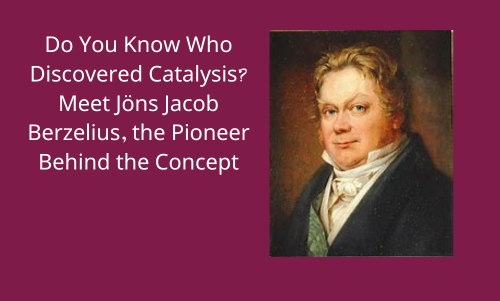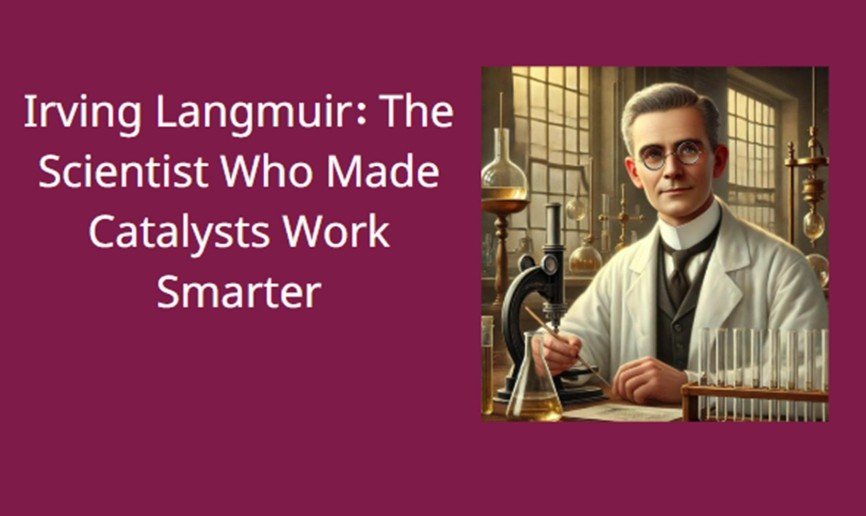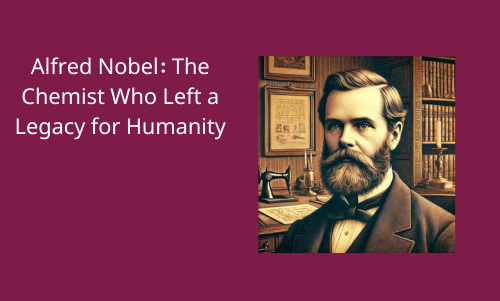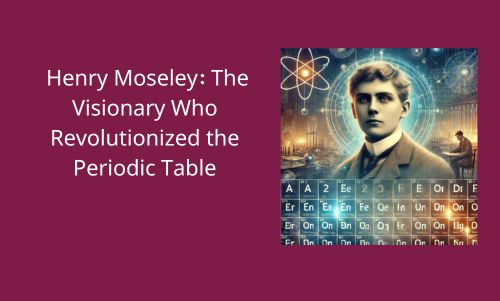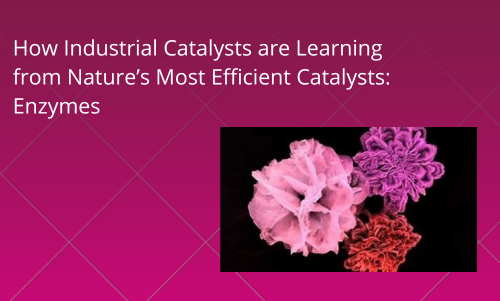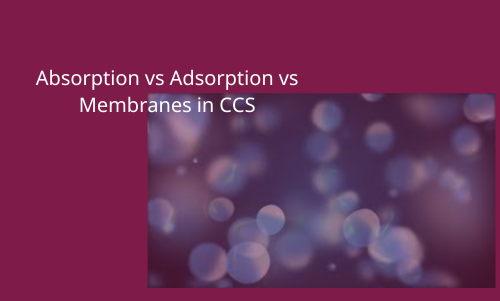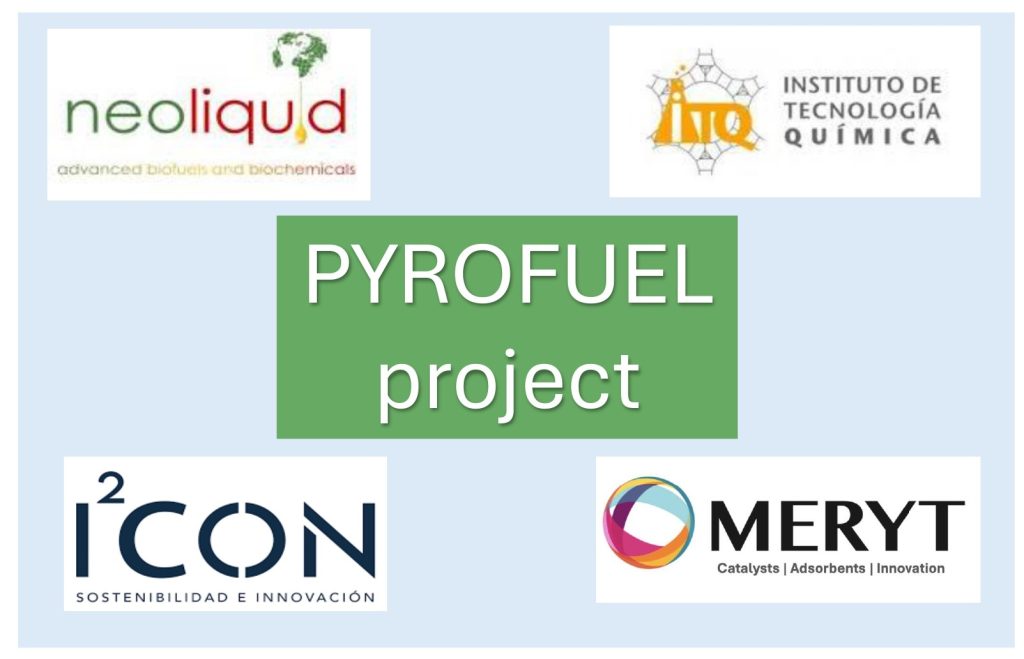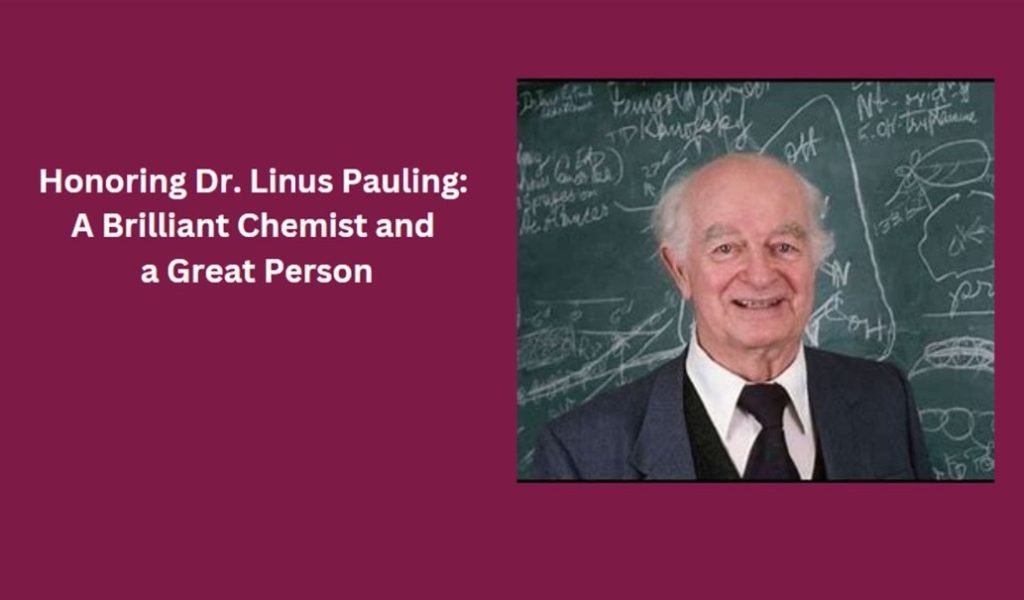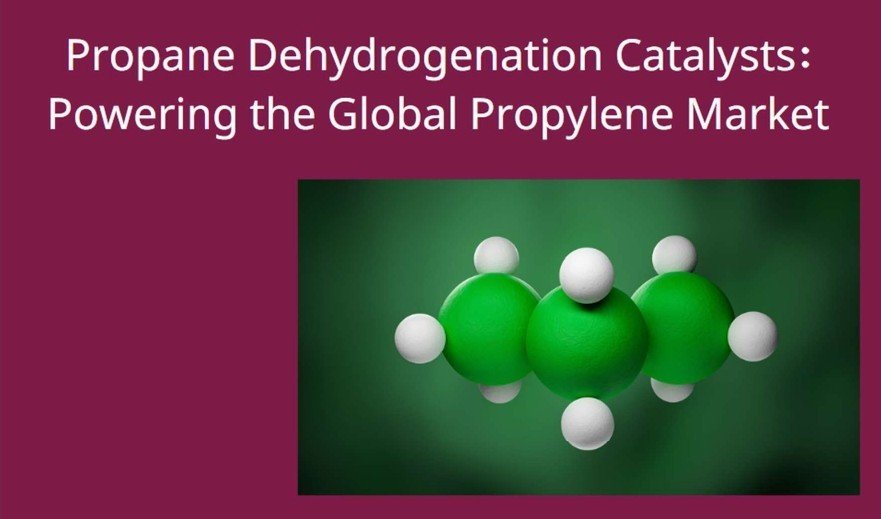Meet Jöns Jacob Berzelius, the Pioneer Behind the Concept
When we think about chemical reactions that fuel everything from our body’s metabolism to industrial processes, we often overlook one key concept: catalysis. But do you know who discovered it? The credit goes to Jöns Jacob Berzelius, a Swedish chemist who, in 1835, introduced the idea of catalysis, revolutionizing the field of chemistry.
Born in 1779 in Väversunda, Sweden, Berzelius came from modest beginnings and worked his way through school, eventually studying medicine and chemistry at Uppsala University. His sharp observational skills and methodical approach led him to become one of the most influential chemists of his time. Among his many contributions to chemistry, his discovery of catalysis stands out as a breakthrough that would shape modern scientific and industrial practices.
The discovery of catalysis stemmed from Berzelius’s experiments involving the reaction between hydrogen and oxygen gases. He noticed that when platinum, a seemingly inert metal, was introduced into the reaction, it caused the gases to react much faster than they would on their own. Remarkably, the platinum did not seem to change or be consumed by the reaction, which went against the common understanding at the time—that all reactants had to participate directly in a chemical change. Berzelius realized that platinum was facilitating the reaction by providing a surface where it could happen more efficiently, even though the platinum itself remained unaffected.
This led him to introduce the term catalysis in 1835, derived from the Greek word katalyein, meaning “to break down.” Berzelius described catalysts as substances that “awaken affinities” in other compounds, enabling reactions that might otherwise proceed too slowly or not at all. He laid the foundation for understanding how catalysts work, by lowering the energy barrier for reactions without being part of the final products.
While Berzelius is best known for catalysis, his contributions to chemistry were vast. He developed the modern system of chemical symbols (H for hydrogen, O for oxygen), and accurately measured atomic weights for many elements. His rigorous approach earned him a reputation as one of the fathers of modern chemistry.
Berzelius’s discovery of catalysis has had a lasting impact on both natural and industrial chemistry. Today, catalysts are vital in a wide range of processes, from the production of clean fuels and pharmaceuticals to the chemical reactions occurring in our own bodies. Without catalysts, many of these reactions would be too slow to be practical. Catalytic converters in cars, which reduce harmful emissions, and enzymes in our bodies, which drive essential biochemical reactions, both rely on the principles Berzelius discovered.
We should then thank Jöns Jacob Berzelius for his groundbreaking discovery of catalysis, a process that plays a critical role in countless reactions. His insight not only revolutionized chemistry in his time but continues to shape the industrial and scientific world today.

